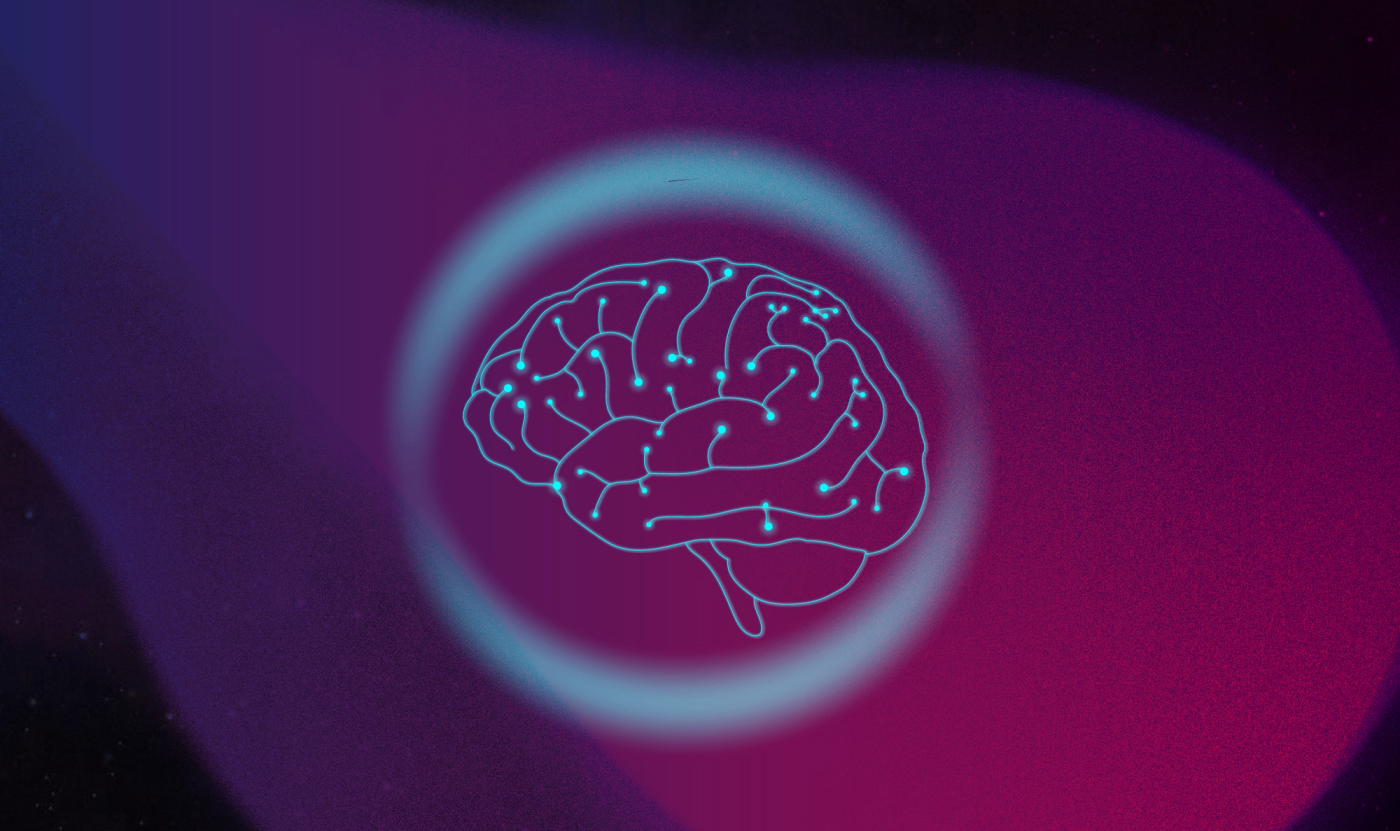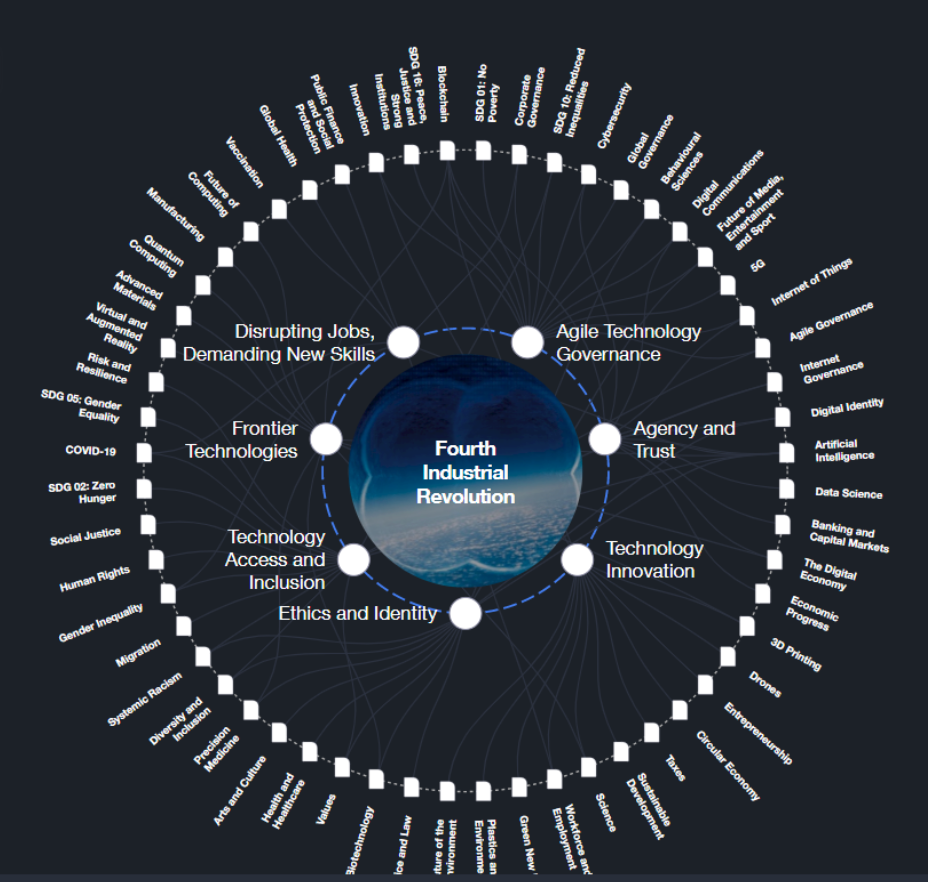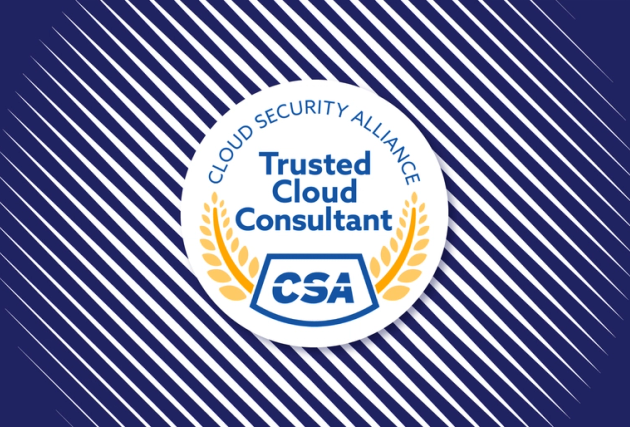How to Cultivate a Healthy Cyberculture in Modern Tech Consultancies
Cyberculture is a human issue, not a technological one.
A positive cyberculture is driven by a healthy cyber mindset, and thrives in environments that are free of top-down, heavily hierarchical mandates. In this article, I explore what we mean by cyber mindset and how it can influence the culture and leadership of modern tech consulting firms.
What Do We Mean by Cyberculture and Cyber Mindset?
Cyberculture has a range of meanings and applications, but when it comes to industry, it’s effectively the name for our contemporary ways of working; it affects almost every aspect of modern businesses who rely on computers and connectivity to operate, communicate and provide services. Where virtual activities replace physical ones—for example, online meetings instead of in-person ones or locking laptops instead of doors—they rely on a strong cyberculture that ensures a company’s values and ethos (and of course data, IP and customers) aren’t lost in the ether.
In this context, cyberculture can cover everything from how and when we communicate with colleagues to maintain a positive and balanced working culture, to the tools we use to ensure consistent practices, excellent collaboration and watertight security. Strengthening a cyber mindset is the first step to enabling a strong and healthy cyberculture. By embedding a cyber mindset, where people view new technologies and ways of working as enablers, you can evolve faster as a business and more easily embrace future possibilities.
The Modern Tech Consultancy
Most modern tech consultancies rely on some form of global workforce, whether through a true global presence with multiple global offices or through partnerships that help them deliver certain products and services to different regions and time zones.
Modern tech consultancies like Contino want to deliver tangible business value through a range of services, covering digital strategy maturity, cloud-based solutions, and upskilling.
Catering to a range of clients in medium to large enterprises across major verticals, we tend to work to a partnership model that means operating alongside our clients as a trusted advisor across all facets of cloud-based technology and delivery.
Our Context: The Fourth Industrial Revolution
In 2016, Klaus Schwab said, “We stand on the brink of a technological revolution that will fundamentally alter the way we live, work, and relate to one another.”
This era is now generally accepted as the Fourth Industrial Revolution. At the World Economic Forum in 2016, Schwab identified the seven key aspects of the Fourth Industrial Revolution as:
- Agile technology governance
- Agency and trust
- Technology innovation
- Ethics and identity
- Technology access and inclusion
- Frontier technologies
- Disrupting jobs, demanding new skills
These key areas influence the mindset of people today, both as members of the public and in the operations of their job functions and work environments.
Cyberculture and The Squad Model
We might consider the modern tech consultancy as a child of the Fourth Industrial Revolution. Its structure is people-driven and autonomous, promoting culture and continuous learning. To be effective, most modern tech consultancies operate using squad models, detailed in this 2012 article by Henrik Kniberg & Anders Ivarsson. Such a matrix is often referred to as the ‘Spotify Model’.
At Contino, our squad model is integral to our DNA and extends vertically through our organisation. It helps accelerate delivery and promotes mutual business agility and outcomes for our customers.
Perhaps unique to Contino as a modern tech consultancy is how we operate our own internal systems. As we typically have a distributed workforce both locally and globally—we do not run our own closed (internal) networks—we have adopted a ‘cloud everything’ approach.
This cloud-centric, distributed matrix approach enables rapid collaboration and development, and enables a shared responsibility approach to our cyber mindset and culture.
Cyber Safety is Crucial
The vast majority of employees in modern tech consultancies were born into a cyber world and their cyber mindset is heavily influenced by the social and economic convergence of data and technology. Furthermore, the primary function of the employees is technical; by that very nature they’re more closely connected to current and emerging technologies, their risks and threats, and the effects on contemporary society.
In many ways, our approach to cyberculture should reflect real life i.e. survival and safety are paramount. Consultancies can support enterprises in doing this by helping them align to government regulations and implementing relevant cyber best practices, such as the Australian Cyber Security Center (ACSC)’s ‘Essential Eight’.
Holistically, a zero-trust approach to securing devices and content and, as mentioned in the article ‘Zero-trust mindset the only way to build cyber risk immunity’, a ‘verify everyone’ mindset is the cornerstone of a strong cyber focus. In the same way a visitor to your office would sign in, you need systems in place that ensure your virtual world is taken as seriously as the physical world.
Internal Leadership and External Stakeholders
All of the above wouldn’t be possible without key stakeholders steering the cyber mindset and cyberculture from the nucleus of the organisation. A strong cyberculture relies on a cohesive and well-oiled internal executive leadership—generally consisting of the founders, partnerships directors, technical directors and delivery directors—which should all allow an open culture to evolve. Modern leadership should ensure that cyber security activities are related back to the business strategy, while leaving the implementation of controls, monitoring and feedback to the empowered communities of practice. The leadership sets the cyber agenda, and the functions work out their own best way to implement them.
External stakeholders can offer a different perspective that helps drive a modern tech consultancy’s cyberculture. Mostly, these stakeholders are the cloud providers, regulatory bodies and customers within the company’s relationship ecosystem. Their primary mandate, which impacts a modern tech consultancy’s cyberculture, is to ensure the consultancy as the ‘partner’ is aligned to the industry best practices and certifications.
These external stakeholder requirements influence the business strategy of a modern tech consultancy, which in turn is implemented through the open and people-centric approach set by the consultancy’s executive leadership team.
Cultivating a Healthy Cyberculture
To be effective, a modern tech consultancy’s cyber mindset should not be mandated by top-down policy; rather, it works best by being supported from the ground up through collaboration, open dialogue and continual learning. This fosters a people-first environment that then feeds into and shapes the cyberculture.
According to an article in Information and Computer Security, there are five factors needed to cultivate a cyberculture within an organisation:
- All the people/entities who have a role to play in cultivating the culture
- The functions that need to take place
- The necessary resources
- The method and means to be used in cultivating the culture
- The influences associated with the group in which the envisaged culture will be promoted, i.e. the level of connectivity, age and digital literacy
Modern tech consultancies should strive to align their cyberculture to these five fundamentals.
The Importance of Communities
Communities of practice allow people to cultivate their own culture. Operating them via modern collaboration technologies—such as Slack, Google Meets, Microsoft Teams and Zoom—helps to achieve their own culture seamlessly across borders, cultures and time zones.
Collaboration tools, which should fit within the guardrails of the company's cyber security policies, allow for a high level of connectivity, collaboration and—along with a flat, open structure—unfettered access to resources to debate, promote and provide a cyber security culture that is born from within the organisation and not mandated from the top of a hierarchy.
At Contino the symbiotic relationships between our communities of practice produce a unique culture which enables us to be true to our Contino way and embrace our four pillars:
- One Team
- Own It
- Seek Solutions
- Deliver Value
Summary
Cyber mindset and cyberculture can enable free-form, modern collaboration and thinking to evolve and solve complex problems. Modern tech consultancies, therefore, should work to show how practical changes can bring about these shifts, so that customers can build a healthier cyberculture and embrace contemporary ways of working.
Communicating how this contributes to a company’s overall culture is key.







